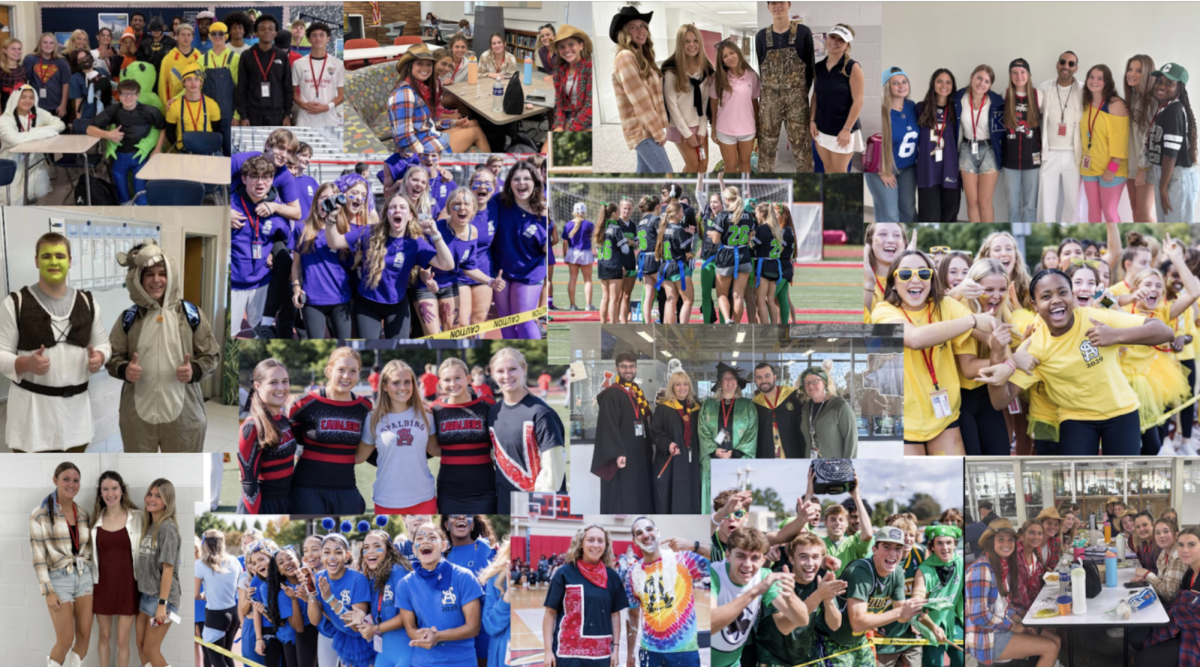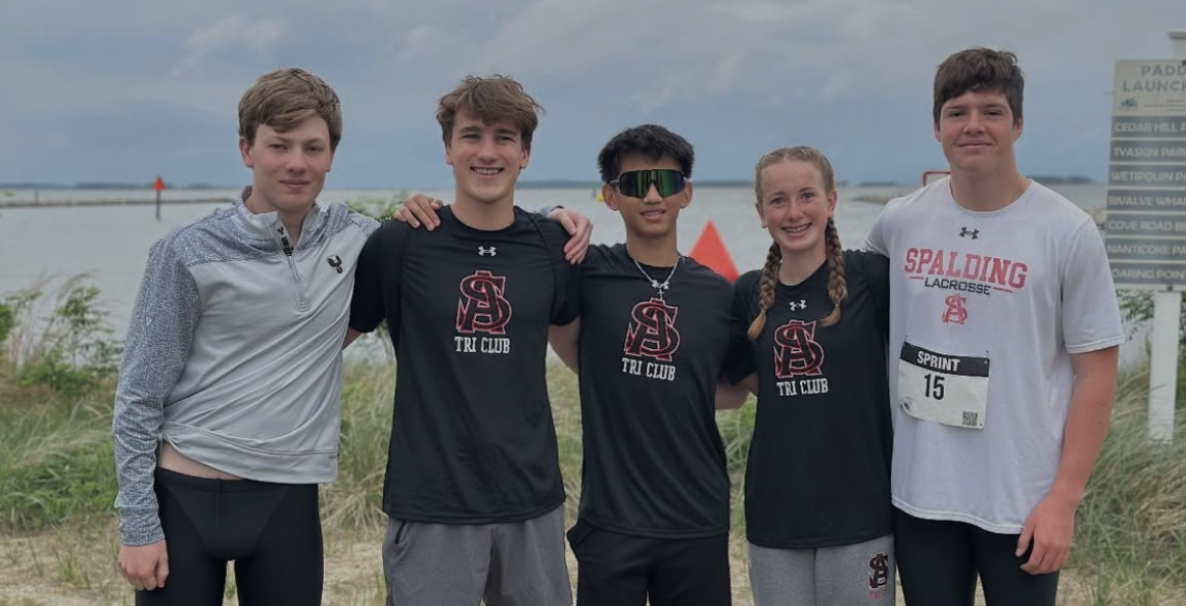The student life at Spalding is one of our biggest appeals; from sports to clubs, we have almost everything. Many students have really found their place within the clubs and groups offered here at Spalding. There are countless types of clubs here that fall into the categories of Affinity, Service, Competition, Creativity, and Interest. There are over 58 different clubs, with eight new ones added this year. Within service are 12, 4 of which are brand new: Kit to Hearts, Orphan Grain Train, Surfrider, and Ranger Rosaries. The Orphan Grain Train is part of a global organization that gives clothing and other items to 71 different countries rather than just the local counties. They plan to start clothing drives and service opportunities for Spalding students. Surfrider focuses on cleaning beaches and ocean environments. Ranger Rosaries meets in Room 110 every other Friday and makes rosaries for service members.
In the Competition section, there are 12, with two brand-new ones. Those include the Triathlon and Weightlifting clubs. The Triathlon club focuses on preparations for a spring triathlon. Mr. Keith Ledbetter is their moderator/coach. Weightlifting meets in the weight room on Wednesdays before school. Any level of weightlifter is accepted. They focus on form and different styles and strategies for lifting.
The Sketching Club is the last new club so far, and it is in the Creativity Group. They meet weekly on Tuesdays in the homeroom in room 125 to sketch. Super low-key. Artists of all abilities are welcome.
The National Technical Honor Society is an honor society for career and technical education, the newest honor society in Spalding.
The last and final club is DECA. DECA prepares students for management, marketing, finance, and hospitality careers. DECA is an international academic club offering high school and college student programs.
Organizations like these can contribute to your mental health and help you develop passions and interests you never knew you might have. Participation in clubs could help lower anxiety and depression and contribute to higher satisfaction with life and more optimism. You can create clubs that cater to your interests and passions. If you need a break from academics, all clubs will welcome you. Teamwork, leadership, and respect can develop from being involved in clubs. Active club participation can also look great for colleges and set you up for a bright future.


